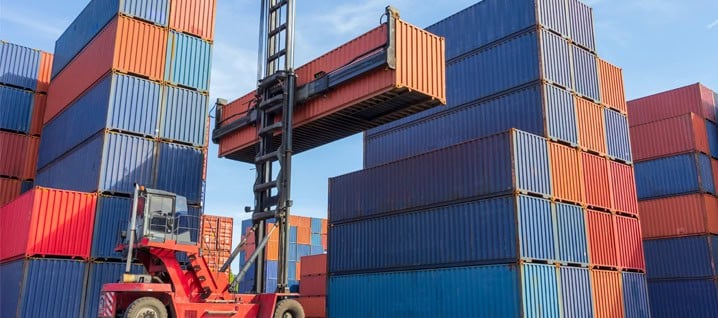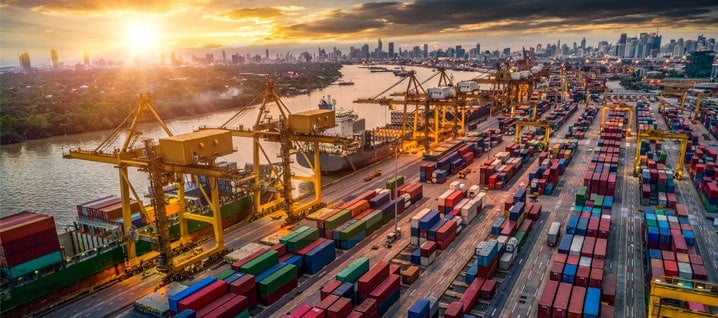International shipping is necessary for many businesses, but the prospect of passing the customs clearance process can seem daunting. While it is a complex process that can result in delays and unnecessary expenses if done improperly, with the right knowledge any company can ship internationally effectively.
We’ve compiled some of the most important things you should know before embarking on the process of exporting or importing goods.
Know the rules
Although every country has customs regulations, they are all different. Before entering the country, goods shipped to the United States will be subject to the regulations by the US Customs and Border Protection of the Department of Homeland Security.
To ship some goods to certain countries might require the shipping company to have an import license. The time you can expect customs clearance to take will vary based on the types of goods you’re importing, among other factors. Lack of necessary documents most often result in holdups in customs.
Pay duties and taxes ahead of time
It’s important to pay import duties before the shipment arrives. Otherwise, the shipment will be forwarded to an independent customs brokerage company which results in additional and variable expenses.
Shipments that get stuck in customs have to be stored and the cost of storage quickly adds up.
Work with a properly loaded shipping container
Improper loading of a container can cause delays when entering the country. Customs officials might have to conduct searches or inspections of irregular shipping containers at your expense.
It’s also crucial that you have a complete and accurate packing list so there are no surprises at customs.
Get ready for paperwork
Customs clearing hinges on paperwork. You’ll need to supply the necessary documents with complete and accurate information to have an unhindered import or export process. Be prepared to supply these and additional documents as requested.
Certificate of origin
This document from the exporter attests that the product meets the requirements to be considered as originating from the stated country.
Duty payment documentation
Carry the documents that show the required taxes and duties have been paid.
Commercial invoice
This document should report the shipper and receiver, often in a bill of sale format. It should also describe the goods to be imported and their value.
Bill of lading
Essentially a packing list, this type of import documentation details the goods being shipped in the form of a receipt.
Expect changes

International shipping is a complex web of regulations that ultimately hinges on the terms set out by sovereign countries. The waves of international politics affect customs clearance. It can be difficult to stay on top of changing regulations for multiple companies.
Changing regulations can manifest in the form of tariffs (a form of duty), new import license requirements, and impositions of import quotas. These often result in changes in the costs associated with doing business.
Work with experts
Missteps can be very costly in terms of time and money, so most businesses employ the skills and expertise of customs brokers or freight forwarders to handle the customs clearance process.
Even with the help of experts, you’ll need to provide the required information and complete documentation to avoid a shipping mishap.
Final thoughts
Don’t let the apprehension of unfriendly customs officials and mountains of paperwork hinder your business prospects when it comes to international shipping. Large and small businesses routinely engage in international trade with the help of expert freight forwarders and logistics partners.
The experienced agents at Asiana USA can help you navigate the political climate and international relations to transport products around the globe. Contact us at (855) 500-1808 to learn more about how our shipping services can help your business.



